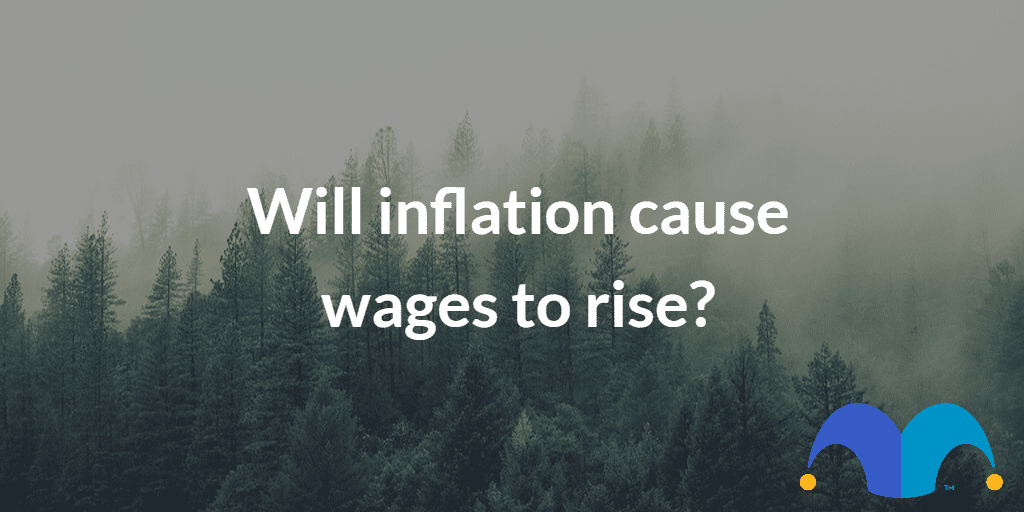In June, the Consumer Price Index was its highest for over three years, fueling inflation fears. But will higher prices of goods lead to bigger pay packets? Let’s take a look.
What is inflation and how do we measure it?
Inflation refers to the pace at which the prices of goods and services increase. For example, if the price of a bunch of bananas rises from £1 to £1.05, banana inflation is 5%.
With this in mind, it’s worth knowing that personal levels of inflation vary. So if you don’t eat bananas, then the rising prices of bananas won’t be relevant to you.
It’s impossible to measure the rate of inflation for everything, so the government uses the Consumer Prices Index (CPI). This index takes into account price rises of a typical ‘basket of goods’.
In June this year, the CPI hit 2.5%, its highest figure in over three years.
Why are prices rising?
Analysts point go rising food as energy costs as the main drivers of rising inflation. A shortage of specific goods and services due to Covid-19 is another reason.
‘Revenge spending’, which refers to people spending more than they typically would have done without the recent Covid-19 lockdowns, has been cited as another factor.
The Bank of England, which controls UK monetary policy and is responsible for meeting the Government’s 2% inflation target, has said that rising prices will be a ‘temporary phenomenon’. Andrew Bailey, the Bank’s governor, has also commented that rising inflation was understandable given the UK’s ‘bumpy’ economic recovery.
The Bank says that inflation will likely hit 4% this year, double the government’s target.
The Bank has come under fire over the past year due to its extensive bond-buying programme, which many suggest is fueling inflation. Others say that the Bank should cool price rises by raising its base rate. This is something it has been reluctant to do.
Does rising inflation increase wages?
Research suggests that higher prices are bad for those relying on a fixed income. That’s because average wages do not typically keep up with the rate of inflation when it rises sharply.
Even when wages do increase, this can counteractively accelerate the rate of inflation further.
In contrast, greater wage flexibility, increased employment and improved overall economic performance have been credited to low inflationary environments, according to The Economic Journal. Its research cites Germany, which experienced stable wages following the end of a high inflationary period in the 1970s.
What else can rising prices impact?
Inflation can affect savings accounts, mortgages and government debt.
In high inflationary environments, if you have savings in the bank and the interest you are earning is below the rate of inflation, then the value of your savings effectively decreases.
On the flip side, if you have a fixed mortgage that is lower than the rate of inflation, you are effectively being paid to take on your housing debt.
In a similar vein, a high inflationary environment is generally good for a government with high levels of debt, as it effectively erodes the value of the debt. However, this is not the case for all UK government debt, as it is believed that a quarter of it – around £450 billion – is inflation-linked.
